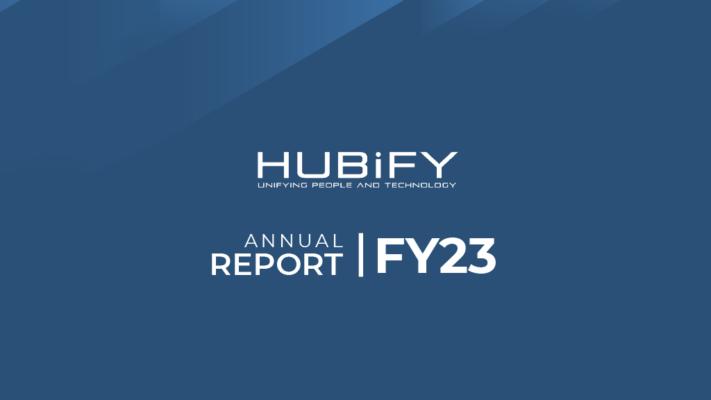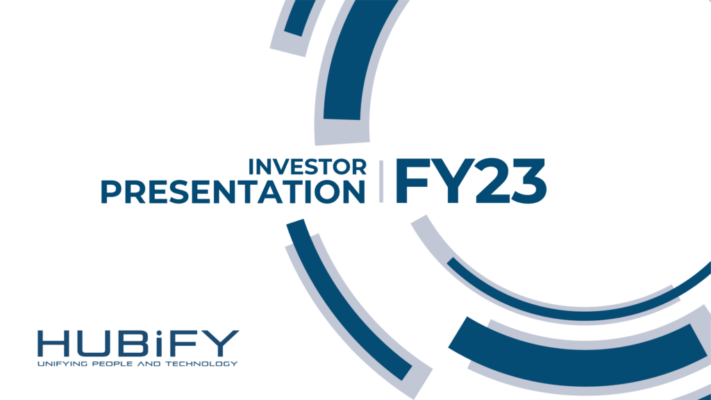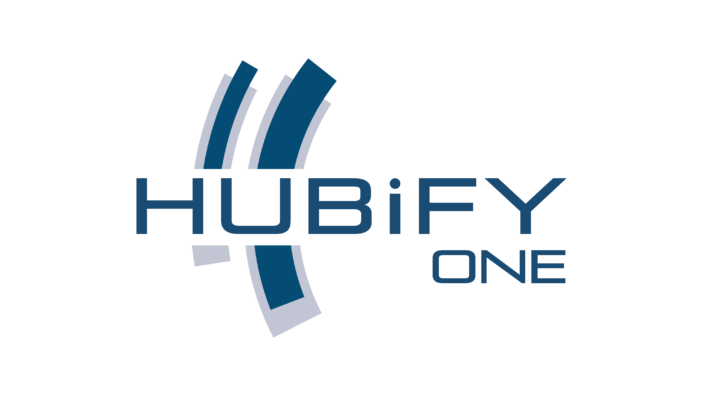Cybersecurity is no longer optional for Australian small and medium-sized enterprises (SMEs). The latest Annual Cyber Threat Report from the Australian Signals Directorate (ASD) reveals that cyber threats are increasing in frequency, cost, and sophistication, with SMEs being prime targets.
Cyber Threats Facing Australian SMEs
In 2023–24, ASD received over 87,400 cybercrime reports, averaging one every six minutes. This underscores the pervasive nature of digital attacks facing Australian businesses. Notably, the average financial loss per cybercrime incident for small companies rose to $49,600, an 8% increase from the previous year. Medium-sized businesses reported an average loss of $62,800 per incident.
Common Vulnerabilities Among SMEs
Several factors contribute to the heightened risk faced by SMEs:
Compromised accounts or credentials (32%): Attackers often gain access using weak, reused, or stolen passwords. Once inside, they can pivot to sensitive systems or data.
Malware infections (17%): Malicious code deployed through emails, unpatched software, or infected devices can disrupt operations or open backdoors for further attacks.
Compromised assets, networks, or infrastructure (12%): Threat actors exploit weaknesses in the design or segmentation of networks, especially in industrial systems or legacy environments.
These incident types are not just statistics. They reflect real vulnerabilities that are just as common in SMEs as in large utilities or infrastructure providers.
The Importance of Tailored Cybersecurity Solutions
A one-size-fits-all approach to cybersecurity is ineffective. Each business has unique needs and challenges that require customized solutions. Tailored cybersecurity strategies consider the specific risks and operational requirements of an SME, ensuring comprehensive protection.
To reduce their exposure, Australian SMEs can take several essential steps:
– Implement multi-factor authentication (MFA) to add a critical layer of protection beyond passwords and significantly reduce the risk of unauthorised account access.
– Regularly update all software and systems, including operating systems and applications, to protect against known vulnerabilities.
– Create a security-conscious workplace culture, including recognising phishing attempts, creating strong passwords, and following secure digital practices.
– Set up a robust data backup strategy using both onsite and offsite storage to ensure business continuity in case of data loss or ransomware.
– Develop a clear incident response plan so your team knows exactly how to respond to a breach, contain the threat, and recover quickly.
Hubify’s Commitment to SME Cybersecurity
At Hubify, we provide tailored cybersecurity solutions backed by industry-leading technologies and a team of local experts. Whether you need proactive guidance, secure infrastructure, or responsive end-user support, we help ensure your business stays protected, connected, and resilient. If you’re looking to simplify and strengthen your IT security, we’re ready to support you.
– 24/7 Monitoring: Continuous surveillance of your systems to detect and respond to threats promptly.
– Customized Security Solutions: Implementing measures that align with your business operations and risk profile.
– Employee Training Programs: Providing resources to educate your team on cybersecurity best practices.
– Regular Security Audits: Assessing your current security posture and recommending improvements.
Don’t leave your business continuity to chance.






